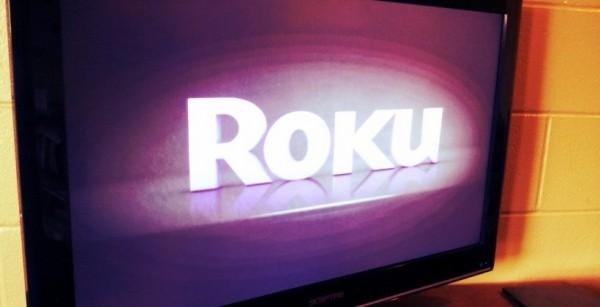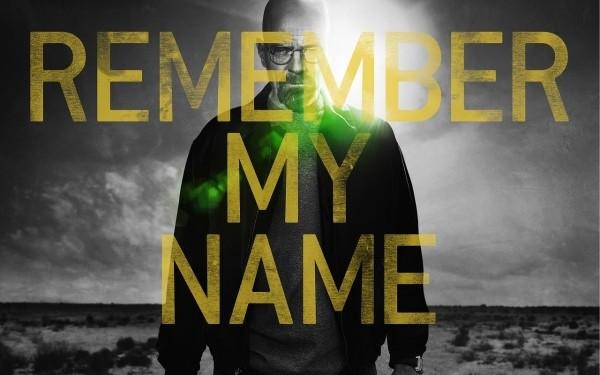Gripes of a Cable Cutter (and why Internet TV will solve them)
Cable-cutting — the act of cancelling your cable or satellite subscription to join the ranks of occasionally holier-than-thou set-top-boxers — is a slowly growing change to how many get their daily entertainment fix. Benefits abound for cutting the cable, and you've likely heard the tropes by now: lower cost, better access to content in the moment, and the reality that cable-cutting better fits with many viewers' schedules (if you're time-shifting all your shows around your work schedule, there's little point in keeping a traditional cable subscription, after all).
But as with all movements that start as a niche bucking the trend, there can be a hesitation among cable-cutting faithfuls to express the downsides of eschewing tradition — something that helps no one, not the least of which are those embracing the trend. I count myself among those numbers: I use an amalgamation of boxes and subscriptions to fill the entertainment void.
While I'm still part of the imaginary cable-cutting clubhouse, the truth is I've nearly returned to traditional cable three times, and each time was due to one of three reasons.
1) Still No Sports
I'm not much of a sports fan, and so most of the time I'm okay with the near complete lack of access to sports content. Some instances have cropped up when the lack of sports broadcasts have proven frustrating, however, not the least of which was a couple months ago when friends quickly blacklisted my apartment as a weekend destination upon discovering it was a proverbial sporting dead zone. If a cable-cutter is dedicated enough, there are means to getting access to certain games, but none of them are quite easy enough to simply invite friends over and kick back with a cold one.
2) Too Much Hassle
Granted, ditching cable has become infinity easier than it was a handful of years ago. With my present setup, entertainment is as simple as plugging in my Roku box and logging into my respective accounts: Netflix, Amazon Prime, etc. It is still more of a hassle than cable, however. With cable, one can set his or her DVR to record favorite shows, then fire them up later. A late night spent working can be mitigated by plopping on the couch, flipping through the channels, and stopping on Seinfeld reruns.

For cable-cutters, there is far too much thinking, hunting, and pecking involved. Even with the universal search on Roku, as an example, you have to decide on a show and search for it, then hope it is available on one of the services to which you subscribe. There is a good chance it won't be, especially if it is a new episode of a television show. This leaves you contemplating torrenting it (not that we advocate such things), or searching for something else to watch. After scrolling through lists of bargain-bin movies and old TV show episodes, the entire process becomes annoying and you watch YouTube cat videos on your phone instead.
3) Feeling Left Out
It seems petty, and I never imagined I'd count myself among this group, but alas we all become what we pretentiously scoff at sooner or later. After years of cable cutting, I occasionally find myself clicking through my Roku's display, sorting through Netflix movies or Amazon TV episodes, and feeling left out. It's an unusual psychological phenomenon, this feeling that when watching live cable you're somehow part of something that unites you with others — and browsing through Twitter or Facebook can amplify this feeling.
At best, you must wait for that new episode of Massively Popular TV Show to arrive on Amazon or Hulu, which will take at least 24 hours after it airs on television. During that 24 hours, any foray onto the Internet is like running through a field of spoiler-based landmines. While everyone else is live-tweeting their OMGs and pithy wisecracks, you're twiddling your thumbs over a glass of scotch and re-watching The Goonies. After buying the episode when it becomes available and watching it the next evening, you keep your digital commentary to yourself, feeling like your OMGs and pithy wisecracks are 5-minute delayed responses to a joke for which everyone else has already gotten the punchline.

As entertainment becomes more social, cable-cutting has the unique — and perhaps unanticipated — effect of making you feel less connected to your social circles. For this reason, after years of being a staunch cable cutter, I find my belief diminishing that video streaming (in its current iteration) is the way of entertainment's future. Netflix and its brethren seem increasingly like entertainment supplements, as of yet unable to compete with cable's biggest benefits: the ability to watch an anticipated episode at the same time as millions of other fans; the ability to watch a sports game on a Sunday afternoon with friends, sans having to mess with special apps and secondary subscriptions and additional device platforms; the ability to simply sit down and watch your favorite shows without scattered apps and season passes and multiple subscriptions.
Cue Internet-based TV
The problem with traditional cable is that, despite the hassles listed above, none of them are quite severe enough to justify paying for traditional cable on top of Netflix and other subscriptions — VOD can't quite replace cable, yet cable can't replace the perks of VOD services. It is an uncomfortable position for consumers, one that could finally be solved by an additional subscription option: Internet-based TV, such as the one Dish Network is reportedly launching this summer.
One of the touted benefits of Internet-based TV is a lower cost than traditional cable (rumor is placing the Dish Network option between $20 and $30 monthly), something that positions it as a wonderful addition to a cable-cutter's entertainment repertoire. Rather than being an either/or situation, those who don't want traditional cable but can't make cable cutting work will find a beautiful marriage between the two: the ability to watch shows the moment they air, to watch sports, to engage in the social aspect of watching a show at the same time as everyone else, and yet through a service streaming over the Internet in a way akin to VOD services.
